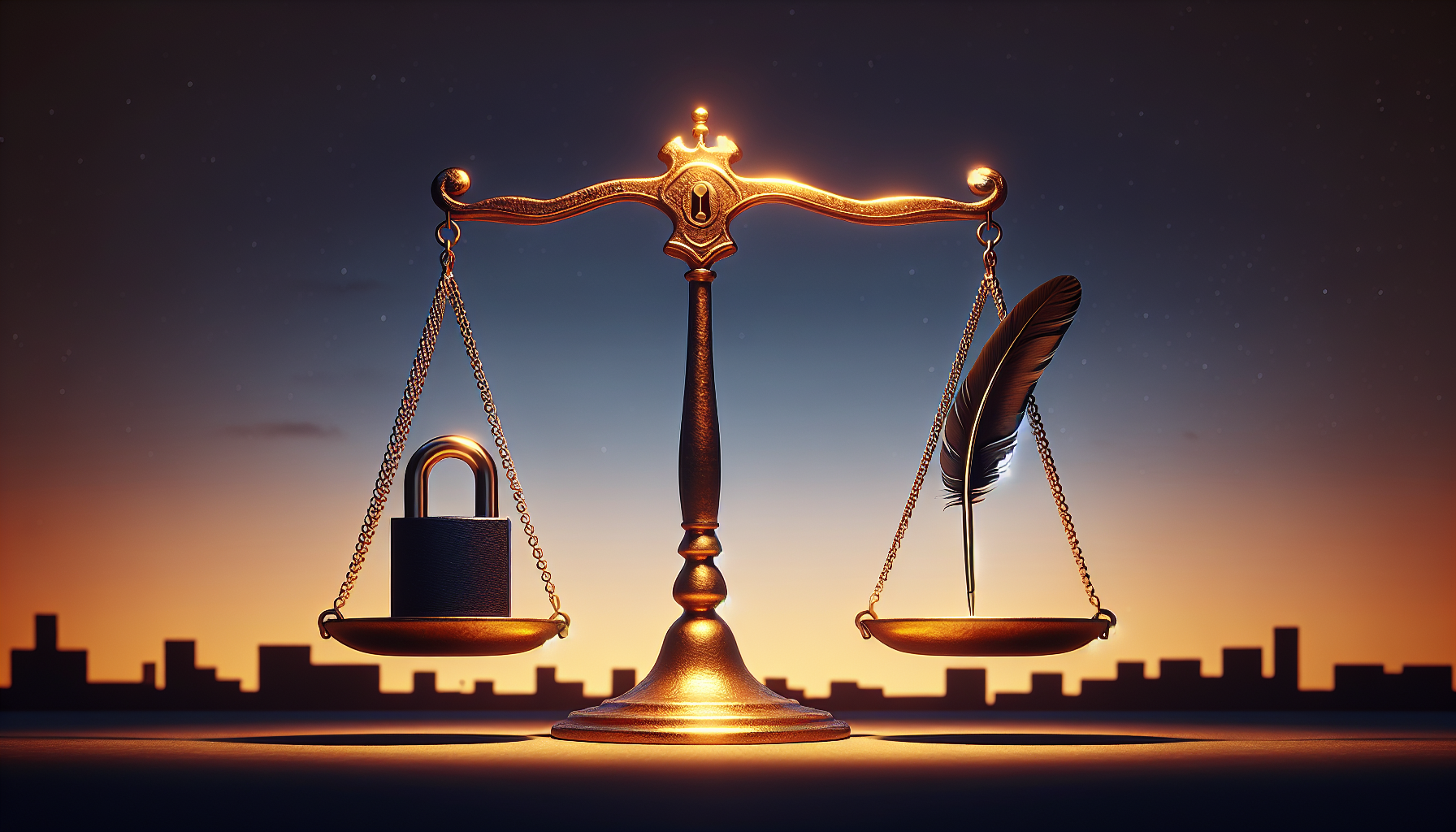Turkey Blocks Discord: A Bold Move or a Necessary Measure?
In an unexpected move today, Turkey’s Information Technologies and Communication Authority (BTK) has blocked access to the popular messaging platform, Discord. This decision comes hot on the heels of a court ruling in Ankara. But what prompted such a bold measure?
Protecting Youth or Stifling Free Speech?
Turkish Justice Minister Yilmaz Tunc cited the disturbing allegations of “child sexual abuse and obscenity” floating on the platform. These claims have driven this drastic action. With public safety hanging in the balance, Tunc emphatically stated on X, “We will never allow attempts to shake the foundations of our social structure.” The sentiment underscores Turkey’s resolve to shield its younger generation from online dangers, but it raises the perennial question: Is this protecting youth, or is it a blow to free speech?
A Catalyst for Change
This crackdown wasn’t born in a vacuum. It followed the horrific murder of two women by a 19-year-old, sparking outrage across the nation. Discord wasn’t just caught in the crossfire; it became the stage where supporters of the crime voiced their chilling approval. Understandably, this has stirred public sentiment against certain Discord communities.
A Global Perspective
Turkey isn’t standing alone in its stance. Just this Tuesday, Russia’s communications regulator also put a block on Discord citing law violations after the platform was fined for failing to remove prohibited content. The timing is curious, revealing a global pattern of increasing state control over digital platforms.
What’s Next for Discord Users?
For the 300 million Discord users globally, this action might hint at a broader trend. As governments tighten their grips on digital narratives, platforms like Discord could find themselves in an ongoing tussle between freedom of expression and regulatory oversight. For now, Turkish Discord users are forced to seek alternative platforms to maintain their connections.
Conclusion
Ultimately, Turkey’s action stirs the debate about where the line should be drawn between user freedom and state regulation. While the move protects against criminal conduct, it challenges the discourse on digital freedoms. Whether this is a short-lived or enduring trend remains to be seen.
Stay tuned as we continue to track the dynamic world of digital policies and their far-reaching implications.
